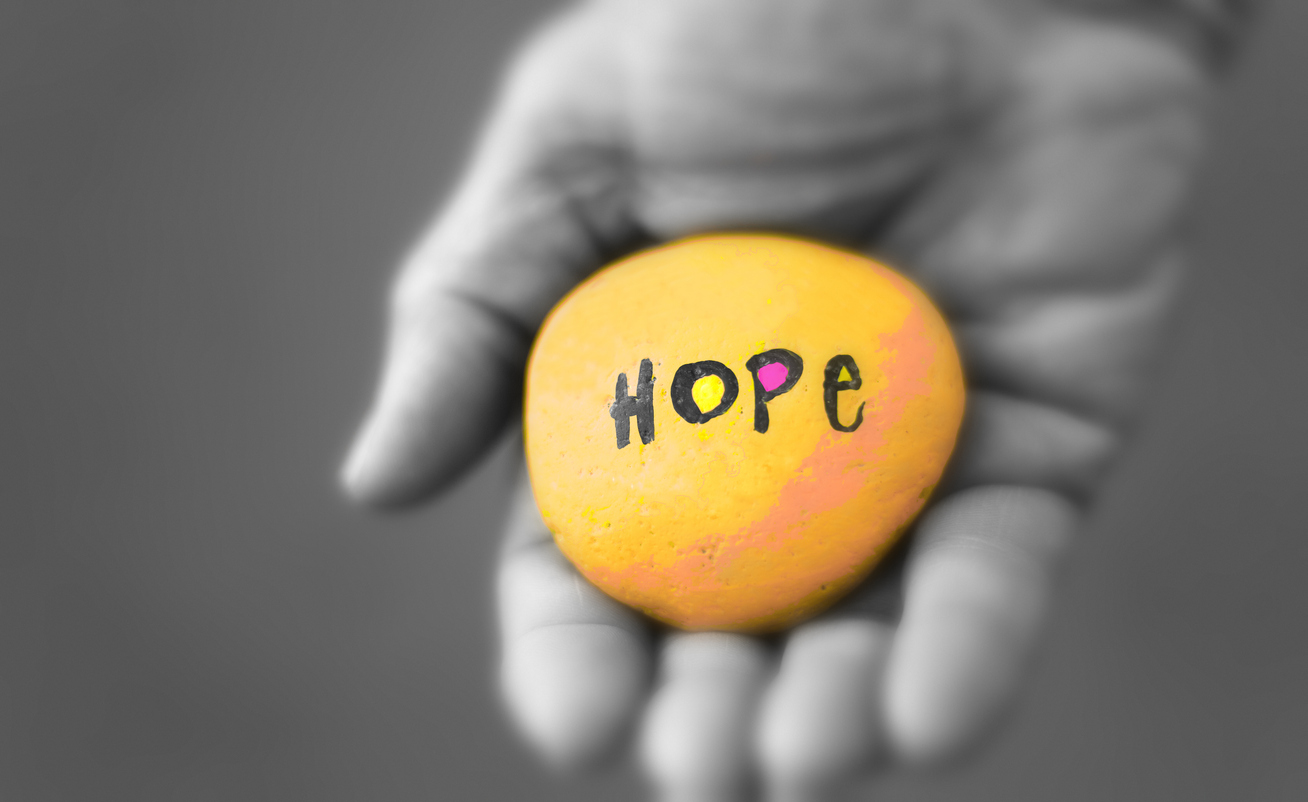Living with Chronic Pain
The Importance of Hope

Hope is defined as expectation for a desired outcome. It is related to optimism, but while optimism tends to be a general feeling that good things will happen, hope is usually focused on a specific outcome. Being hopeful is also different from wishing. Wishing involves an escape from reality, while hope requires staying present in reality.
Benefits of being hopeful
For individuals with chronic pain, a chronic illness, or other challenging life circumstances, it may seem difficult or even impossible to have hope that a situation will improve or work out for the best. However, having hope during these circumstances is beneficial.
Having hope has several health benefits, which include, but are not limited to, the following:
- Lower levels of depression and anxiety
- Increased life satisfaction
- Engagement in healthy lifestyle habits
- Improved physical health, such as cardiovascular health
- Longer life span
- Increased chances of succeeding in life
Hopeful vs. hopeless
People who are hopeless tend to shut down in the midst of a challenging situation; however, those who are hopeful believe differently. For example, hopeful people believe that the future can be better than the present and that they have the power to reach a desired outcome. They also take appropriate actions toward a desired outcome. Hopeful individuals do not expect that everything to be perfect all the time, but instead, they plan ways to adapt and remain hopeful, even when complications occur. Hopeless people tend to decide on bad outcomes before a situation arises.
While having hope can take practice and dedication, it is well worth the effort.

















